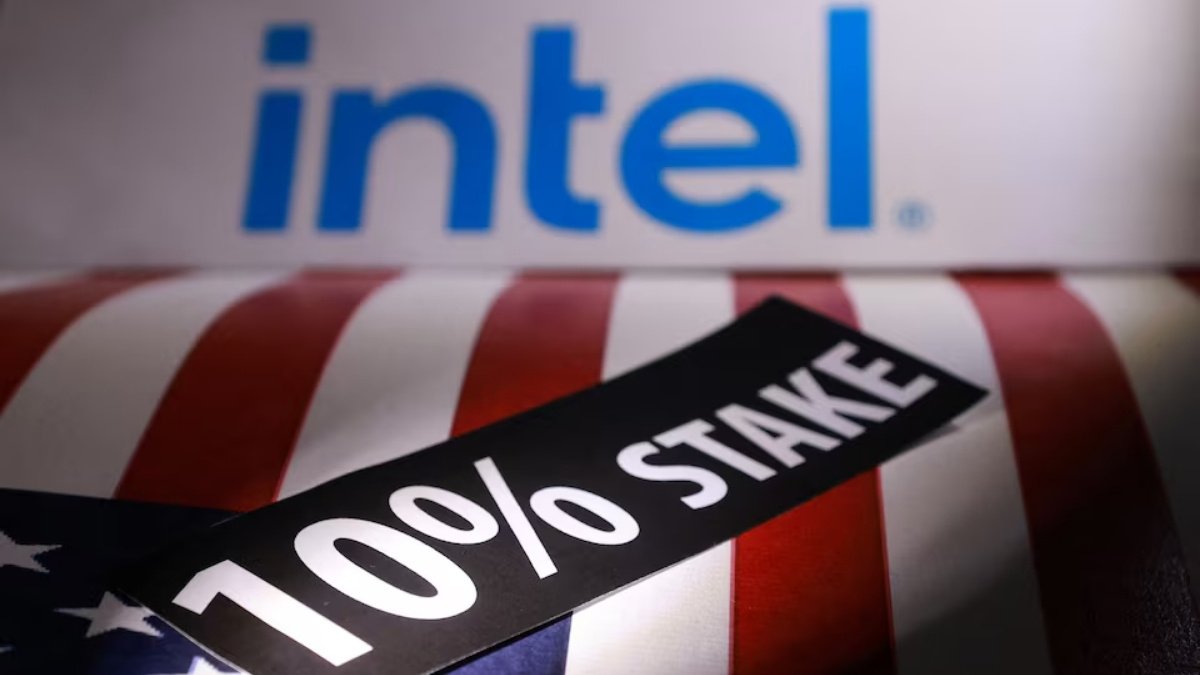Trump’s recent policies mark a clear break from long-standing Republican economic doctrine rooted in Reaganomics. President Ronald Reagan championed free-market ideals in the 1980s, opposing government control over businesses. Trump’s approach diverges sharply, as seen by his administration’s move to acquire stakes in private companies such as Intel.
This new stance has sparked debate on the role of government ownership in traditionally private sectors. Last week, the U.S. government took a nearly 10 percent stake in Intel by converting unpaid grants into equity. This marks a shift toward increased federal influence over corporate America.
Kevin Hassett, Trump’s National Economic Council director, described this move as a “down payment” toward creating a sovereign wealth fund for the country. The administration may pursue similar investments in other industries.
Critics warn this approach undermines free-market principles and could lead to inefficiency and government interference. Richard Stern from the Heritage Foundation emphasized that successful businesses rely on specialization, not government involvement in every sector.
On the other hand, left-leaning figures like Senator Bernie Sanders support the move, arguing taxpayers deserve returns on federal investments in companies like Intel. Such unusual alliances highlight political realignment on economic matters.
The Commerce Secretary has floated possible federal stakes in defense contractors such as Lockheed Martin. This would further extend government influence into vital industries tied closely to national security.
The Trump administration argues that supporting companies with government stakes protects American jobs and strengthens key sectors. Trump himself has claimed these deals are beneficial for the country and criticized opponents as “stupid.”
Despite assurances, some investors and economists remain concerned. They fear government ownership could deter innovation and politicize business decisions through greater administrative control and pressure.
[inline_related_posts title=”RECOMMENDED” title_align=”left” style=”list” number=”2″ align=”none” ids=”” by=”primary_cat” orderby=”rand” order=”DESC” hide_thumb=”no” thumb_right=”no” views=”no” date=”yes” grid_columns=”2″ post_type=”” tax=””]
For decades, Republican economic policy emphasized limited government intervention, favoring private enterprise efficiency. Trump’s embrace of government stakes signals a new paradigm, raising fundamental questions about the GOP’s economic future.
The debate continues as the Trump administration pushes forward, balancing aims to boost U.S. industries with concerns about preserving market dynamics and corporate autonomy. How this impacts the broader economy remains to be seen.















